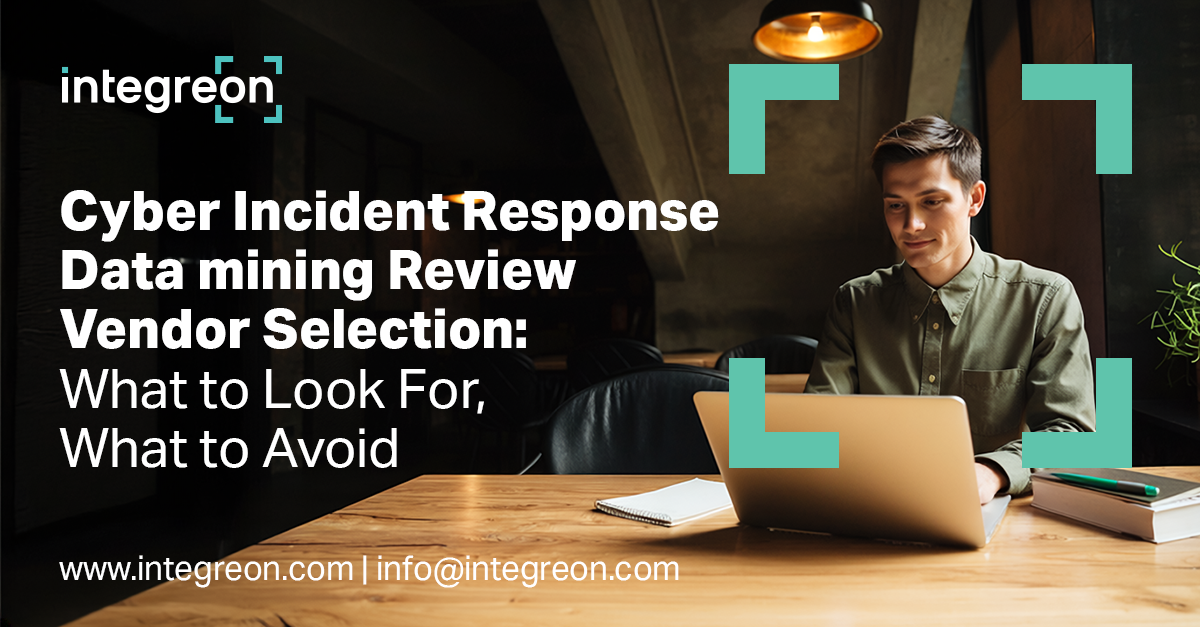Key Takeaways
Many in-house legal teams lose valuable time managing CLM system updates, permissions, and templates instead of focusing on higher-value legal work.
Outsourcing CLM administration ensures timely updates, improved adoption, and measurable ROI from your contract management investment.
Partnering with experienced CLM support providers enhances efficiency, drives user satisfaction, and unlocks the full potential of your CLM platform.
For professionals managing a contract lifecycle management (CLM) tool, the balancing act between strategic legal work and administrative system tasks can become overwhelming. Whether you‘re a lawyer, paralegal, contracts manager, or legal operations specialist, recognizing when to outsource CLM tool management functions can be the key to unlocking efficiency, reducing risk, and reclaiming bandwidth for higher-value work.
For CLM vendors, the key metrics post implementation is customer satisfaction and robust adoption. Yet studies have consistently shown that users will struggle to get their powerful new CLM tool to fulfill its promise. The disconnect between expectations and adoption realities can create a divide that prevents system growth and can even jeopardize license renewals.
Here are five clear signs that it may be time to consider – or, if you’re a vendor, to recommend – outsourcing the management of your CLM system.
1. Adding and deleting users and managing evolving permissions is a constant drain on time.
If business teams are consistently asking to add or remove users from your system or to update access permissions and approval roles, it is a sign that the CLM environment will continually require active management to keep up with change. Outsourcing these tasks to a knowledgeable team who can react quickly and efficiently will keep the in-house team free to focus on their higher value legal work.
2. Updating or adding templates or and keeping clause libraries or workflows current is a struggle.
Even basic templates and clause content needs regular refresh and growing the value of a system means adding new templates and adjusting workflows or field drop down lists. Having a provider who can quickly create and implement new content in your workflows means in-house teams can focus on strategic initiatives, complex negotiations, and risk mitigation rather than routine tool requirements.
3. Vendor updates are not implemented in a timely manner, and new features aren’t utilized.
New releases bring exciting new features, but they must be integrated into each unique workflow and tested before deployment. User teams then require training to be able to get value from new capabilities. Having a service professional that understands each unique CLM deployment and can assure that new features are compatible and implemented properly with value for user teams. Having a focused provider team member also means users are fully trained to get the best return from an evolving system feature set.
4. System usage and adoption are not measured or tracked to confirm that ROI is achieved.
User teams often lack the time to monitor activity and feature engagement. Productivity gains aren’t being captured. System satisfaction is only shared in colloquial feedback. A dedicated resource from a qualified service provider will utilize best practices to measure and report on relevant KPIs to understand the CLM system’s effectiveness allowing users to recognize and appreciate efficiency gains and the value of the tool they are using.
5. System reporting isn’t utilized, and management insights are non-existent.
Today’s CLM tools offer reports, dashboards, and contract analytics but they require continual effort to design and run these capabilities consistently. Outsourcing to a provider with experience in pulling content from CLM tools will empower users with better decision-making and risk management content. Allow users to focus on the insights from a CLM system while the service provider worries about pulling, formatting, and cleansing applicable data to provide that information.
Outsourcing as an Efficiency Generator
Outsourcing post implementation CLM platform support fulfills a missing link in achieving value from the powerful and increasingly feature rich CLM tools on the market. A service provider means that user teams are not burdened by system and administrative tasks that dilute their ability to focus on their true value-add legal work. Vendors benefit by having a service provider assure that their clients operate their new tools to best effectiveness opening the door to growth with a satisfied customer.
If any of these CLM platform management outsourcing signals resonate, it is time to explore freeing user teams from system tasks. Find a legal services provider who is experienced with all the leading CLM technology and allow them to provide 24/7 CLM system management to support and train users and maintain and optimize the value of the CLM tool. Learn more from contract experts about why investing in post implementation CLM support is essential to maximizing the return on investment of a CLM platform in this article.











